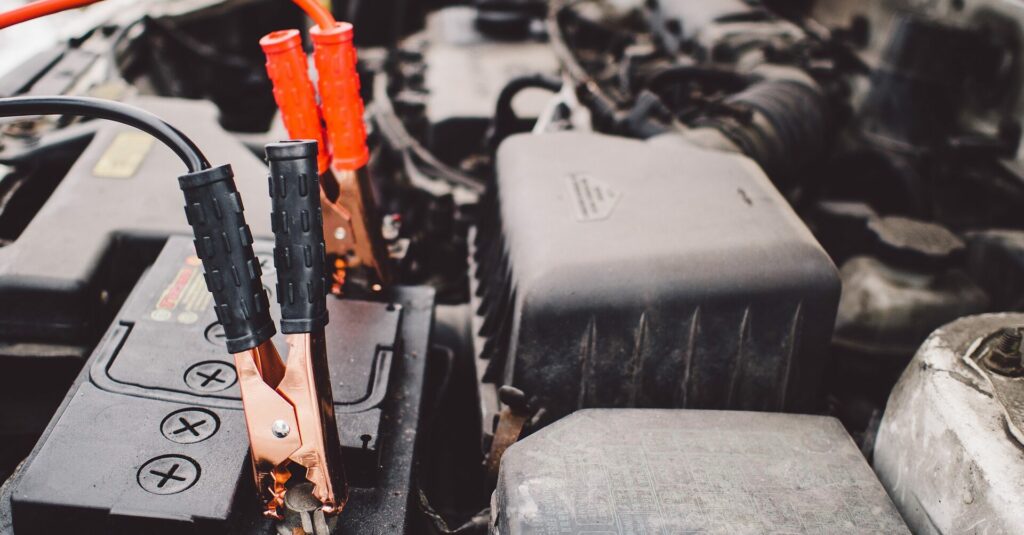An engine can encounter various problems which affect the way it runs. I will focus on some common problems, why they occur, how to diagnose them and some prevention tips.
In This Article...
Function
Let’s look at the engine as the power plant of the car which has specific needs in order to function. The engine needs fuel, it needs to be kept cool, it needs air and of course oil to keep the internal parts moving smoothly. The absence of any of these components will cause the engine to fail and not run properly. Through the power provided from the engine the wheel axles are able to turn, which of course moves the car, with the help of the transmission as well, again all powered by the engine.
Effects
Whenever an engine problem occurs you need to consider where the problem stems from. If the engine will not start because the battery is low and not providing enough power to the starter, this is not engine related, but perhaps a new battery is in order. If the engine is running rough or hard to start with a good battery, it may be that not enough fuel is being fed into the fuel system which may be the result of a dirty fuel filter. It may also be because not enough air is being taken in or possibly the cause could be faulty spark plugs or wires. Generally when an engine runs badly it will be due to lack of spark or too much or little fuel or air.
Considerations
Knowing that spark, fuel and air are the primary culprits that will cause an engine problem, the first steps would be to check out these items. Proper spark starts with the correct timing of the engine which ignites the spark plugs at the right time. Then consider the plugs themselves; are they gapped correctly and are the wires connecting them from the distributor to the plug in good condition? Regarding air intake, maybe the air filter is clogged or possibly a vacuum line is broken which creates a breach in the system. As far as fuel, there is a chance that moisture got in the fuel or the filter is dirty and not allowing enough fuel in. These are just a few of the areas that you need to troubleshoot first before you decide the engine is no good. Bad ignition timing alone will make the engine run terrible with all sorts of sounds coming out of it. Once you are convinced that all is well regarding fuel, spark and air, and the engine is still running badly, you may then consider that the engine itself is the problem.
Warning
If a car engine stalls out or is making odd sounds, it is best to not try and continue to run it until you know exactly what the problem is and have it repaired. In some cases, pushing the engine can cause grave damage. A good example would be running an engine with a serious oil leak or lack of oil pressure, which means that internal engine parts are not being lubricated properly. Without proper lubrication the parts can freeze up and cause major damage and totally ruin the engine, which is a very expensive replacement part.
Prevention/Solution
The first and foremost thing you can do to prevent engine problems is to be sure that you use quality motor oil and that the dipstick is always full. Waiting for the oil light to come on to remind you that the oil is low may sometimes be too late and damage may have already been done. Having the oil and filter changed on regular intervals is also critical. Old oil loses its velocity over time and doesn’t offer you the protection your engine parts need for proper lubrication.
Also be sure that your air and fuel filters are always clean and that spark plugs and wires are in good condition. The engine timing belt should also be inspected and changed when suggested by the manufacturer. This is a single item that if broken can cause immediate grave damage to the engine. In short, follow all routine maintenance procedures to help ensure that your engine runs strong and trouble free for as long as possible.

